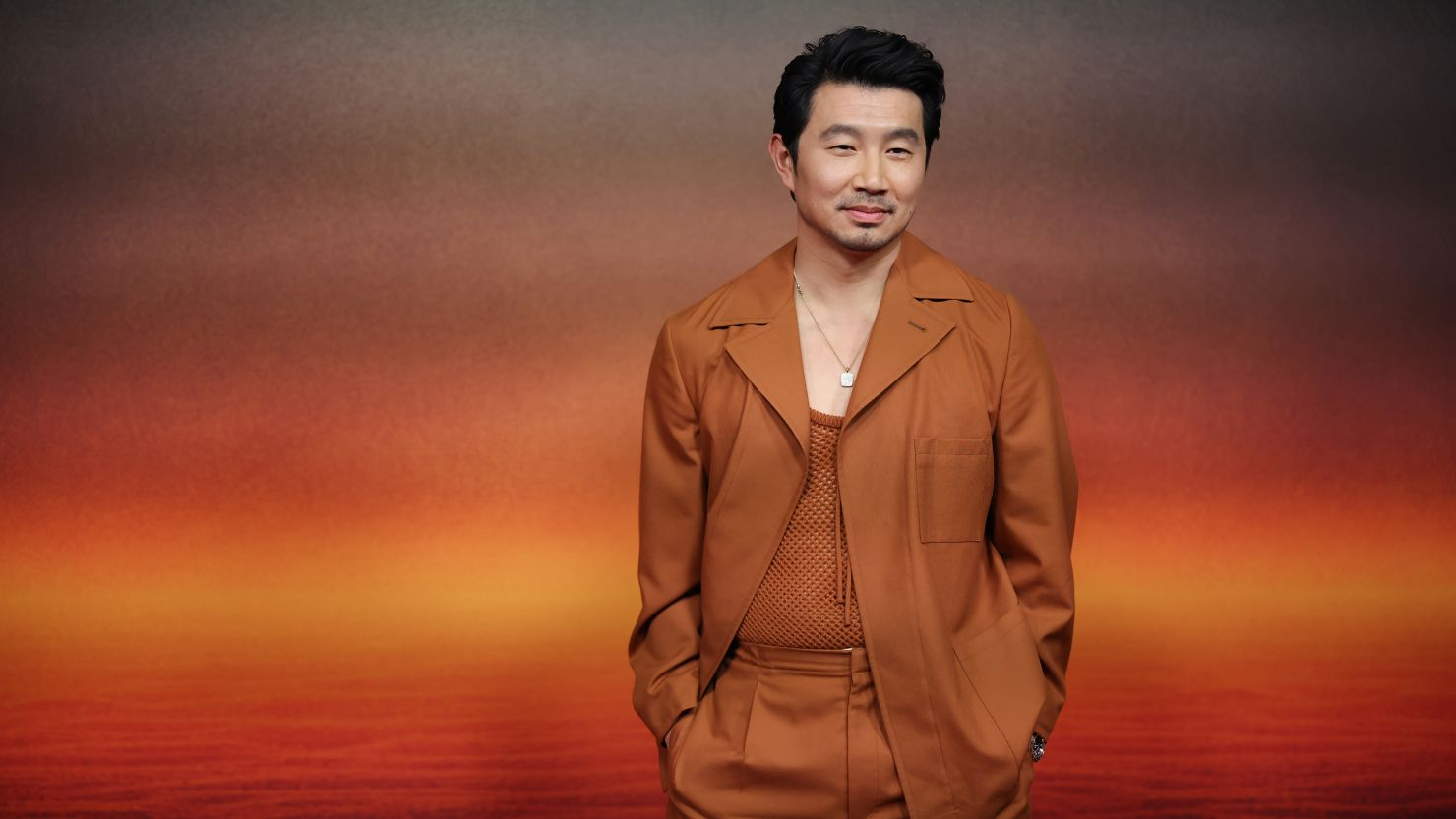A Canadian bubble tea company, Bobba, found itself in hot water after drawing criticism from Simu Liu, star of Marvel’s Shang-Chi, during an appearance on the popular reality show Dragons’ Den. Bobba’s founders, Sebastien Fiset and Jess Frenette, were seeking investment for their Quebec-based brand, pitching it as a healthier, ready-to-drink spin on traditional Taiwanese bubble tea. The company claimed to be “disturbing” the bubble tea market with their simplified, fruit-filled version of the drink.
The tension between Liu, who is Chinese-Canadian, and the Bobba owners emerged when Frenette referred to bubble tea as a “trendy, sugary drink” that consumers often don’t fully understand. Liu quickly interjected, asserting that he was well aware of the drink’s content, given its deep cultural significance. The disagreement escalated when the Bobba founders described their version as “better” than traditional bubble tea, prompting Liu to accuse them of cultural appropriation.
Liu raised concerns about taking an Asian-origin product and modifying it under the guise of improvement. He questioned whether the company had any Asian representation in its team. The founders responded that their recipes were developed in partnership with a Taiwanese producer, although the flavors were crafted in Canada.
Ultimately, Liu declined to invest in Bobba, stating, “I want to be a part of bringing boba to the masses, but not like this.” He emphasized his commitment to uplifting minority entrepreneurs and expressed discomfort with supporting a business that, in his view, profited off something deeply tied to his cultural heritage.
The episode triggered a wave of online backlash, leading to harassment and threats aimed at the Bobba founders. In response, both Liu and the company released statements urging an end to the negativity. Liu, posting on TikTok, acknowledged that while he had issues with the pitch, the founders presented their business “in good faith” and should not be subjected to threats.
Bobba issued an apology, admitting their language was “misguided” and committing to revisiting their branding, packaging, and marketing strategies to better reflect the cultural roots of bubble tea and their Taiwanese partnerships. Investor Manjit Minhas, who initially struck a $1 million deal for an 18% stake in the company, later withdrew her investment following public feedback and further reflection.
The incident has sparked a broader conversation around cultural appropriation in the business world, especially concerning products deeply intertwined with specific cultural identities. As bubble tea continues to grow in popularity worldwide, debates over its commercialization and representation are likely to persist.











